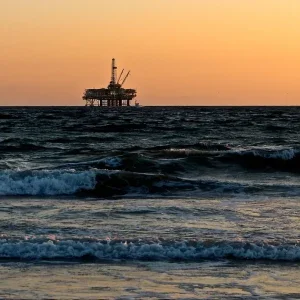
Total and its partners have made final investment decision (FID) for the second phase of the Mero project offshore Rio de Janeiro in the Libra block, Brazil.
The Mero ultra-deepwater oilfield is situated approximately 180km offshore Rio de Janeiro in the prolific pre-salt area of the Santos Basin.
The Mero field is located in Libra block, which is under a production sharing agreement to a consortium comprised of Brazilian state-owned oil company Petrobras with 40% stake, Shell with 20% interest, Total with 20% stake, CNODC with 10% stake and China National Offshore Oil Corporation (CNOOC) with 10% interest.
The investment decision follows the field production start-up in November 2017 and the launch of the first phase of the project (Mero 1) about a month later.
Recently, Dutch constructor SBM Offshore has secured a contract from Petrobras to design and operate a floating production, storage and offloading (FPSO) vessel, Mero 2, at the offshore field.
Second phase of the Mero project scheduled for start-up in 2022
Planned to commence production by 2022, the FPSO Mero 2 will have production capacity of 180,000 barrels of oil per day, and water injection capacity of 250,000 barrels per day.
The FPSO will also have gas treatment capacity of 12 million standard cubic meters per day and a minimum storage capacity of 1.4 million barrels of crude oil.
Total exploration & production president Arnaud Breuillac said: “The decision to launch Mero 2 comes as a new milestone in this large-scale project that will develop the giant oil resources of the Mero field, estimated at 3 to 4 billion barrels.
“The Libra Consortium can leverage the excellent productivity of the field to develop a major oil project with technical costs below 20 dollars per barrel and low breakeven. The Mero project will contribute to the growth of the Group’s production from 2020 onwards.
“Once the full potential of the field is developed, production should reach more than 600,000 barrels per day.”
Currently under development, the Mero 1 project is planned to commence production in 2021.






